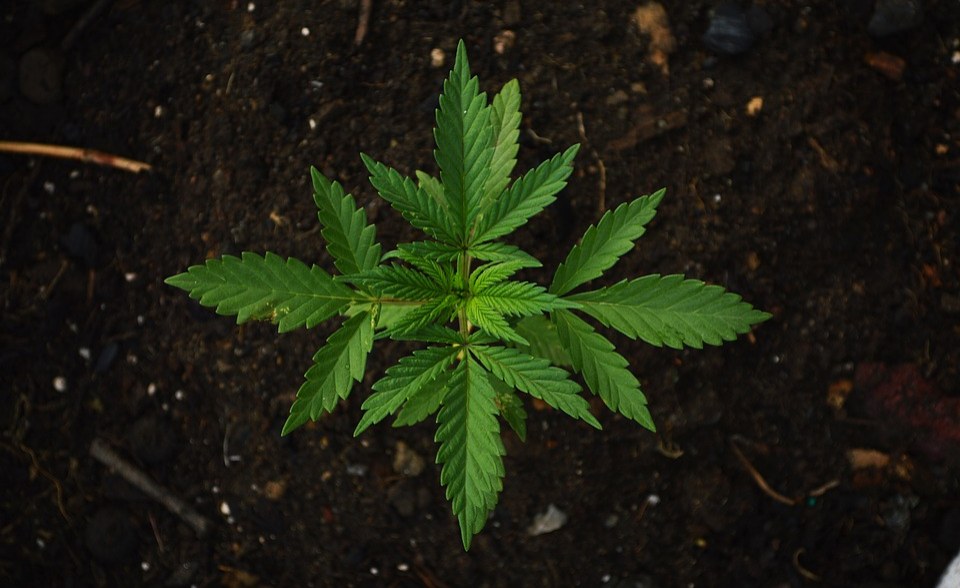- Medical marijuana plays a crucial role in pain management, particularly for chronic pain prevalent among the ageing population.
The debate surrounding the legalization of medical marijuana has intensified in recent years, with advocates and critics engaging in a spirited discussion.
It is crucial to delve into the nuanced arguments surrounding this contentious issue and examine whether medical marijuana should remain illegal.
Medical marijuana offers a promising solution for individuals grappling with severe health conditions.
Compounds like cannabinoids found in marijuana demonstrate therapeutic properties that effectively alleviate symptoms related to chronic pain, nausea, and epilepsy.
Advocates argue that denying access to this potential source of relief is a disservice to those in desperate need of alternative treatments.
Read More
Medical marijuana plays a crucial role in pain management, particularly for chronic pain prevalent among the ageing population.
Its safety profile, characterized by an inability to overdose and lower addiction potential compared to opiates, positions it as a viable substitute for Nonsteroidal Anti-inflammatory Drugs (NSAIDs) like Advil or Aleve.
This is especially significant for individuals with kidney issues, ulcers, or Gastroesophageal Reflux Disease (GERD).
Beyond pain control, medical marijuana extends its utility to address various health concerns, including nausea, weight loss, glaucoma, and conditions like HIV-associated pain and wasting syndrome, irritable bowel syndrome, and Crohn's disease.
Ongoing research highlights its potential in aiding veterans with PTSD and providing relief for cancer-related symptoms, multiple sclerosis, and other medical conditions. The diverse applications underscore its role as a versatile solution across various health challenges.
Critics often overlook robust scientific evidence supporting the medicinal efficacy of medical marijuana.
Studies demonstrate promising results in treating various conditions, suggesting that the medical community should consider integrating it as a viable treatment option.
Concerns about potential misuse can be addressed through stringent regulations, as jurisdictions, where medical marijuana is legal, have implemented rigorous monitoring, prescription controls, and dispensary oversight to prioritize patient safety while mitigating unauthorized use.
The legalization of medical marijuana extends beyond healthcare, offering promising economic advantages. Countries like the US and Canada have already tapped this potential, earning billions of dollars.
This challenges the argument that making medical marijuana illegal is socially or financially prudent. Learning from successful global models and their legislations and laws governing the use of medical marijuana can provide insights for effective regulation.
Public opinion increasingly supports the legalization of medical marijuana, driven by empathy for those with chronic illnesses and recognition of its potential benefits. Respecting these sentiments is crucial for fostering a society aligned with citizens' values.
As the discourse on medical marijuana evolves, approaching the issue with an open mind is essential, acknowledging diverse perspectives that enrich this critical conversation.




-1772102940-md.jpg)


-1772090413-1772095461-md.jpg)


-1772102940-sm.jpg)

